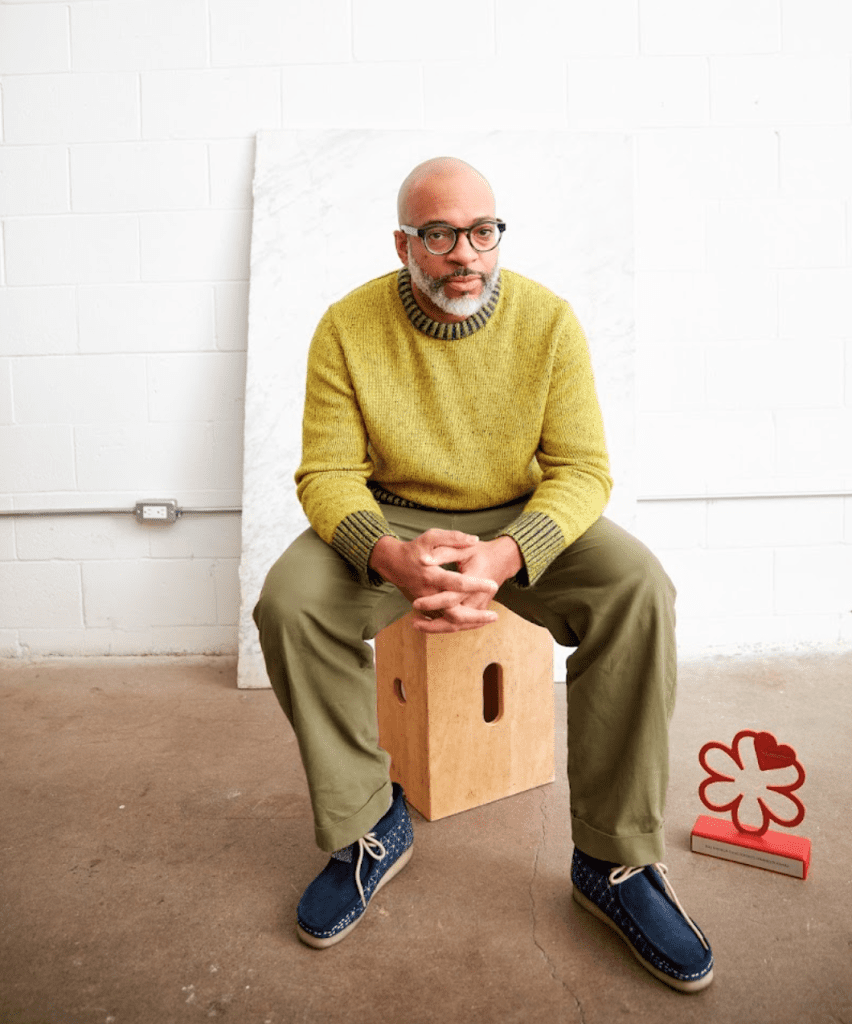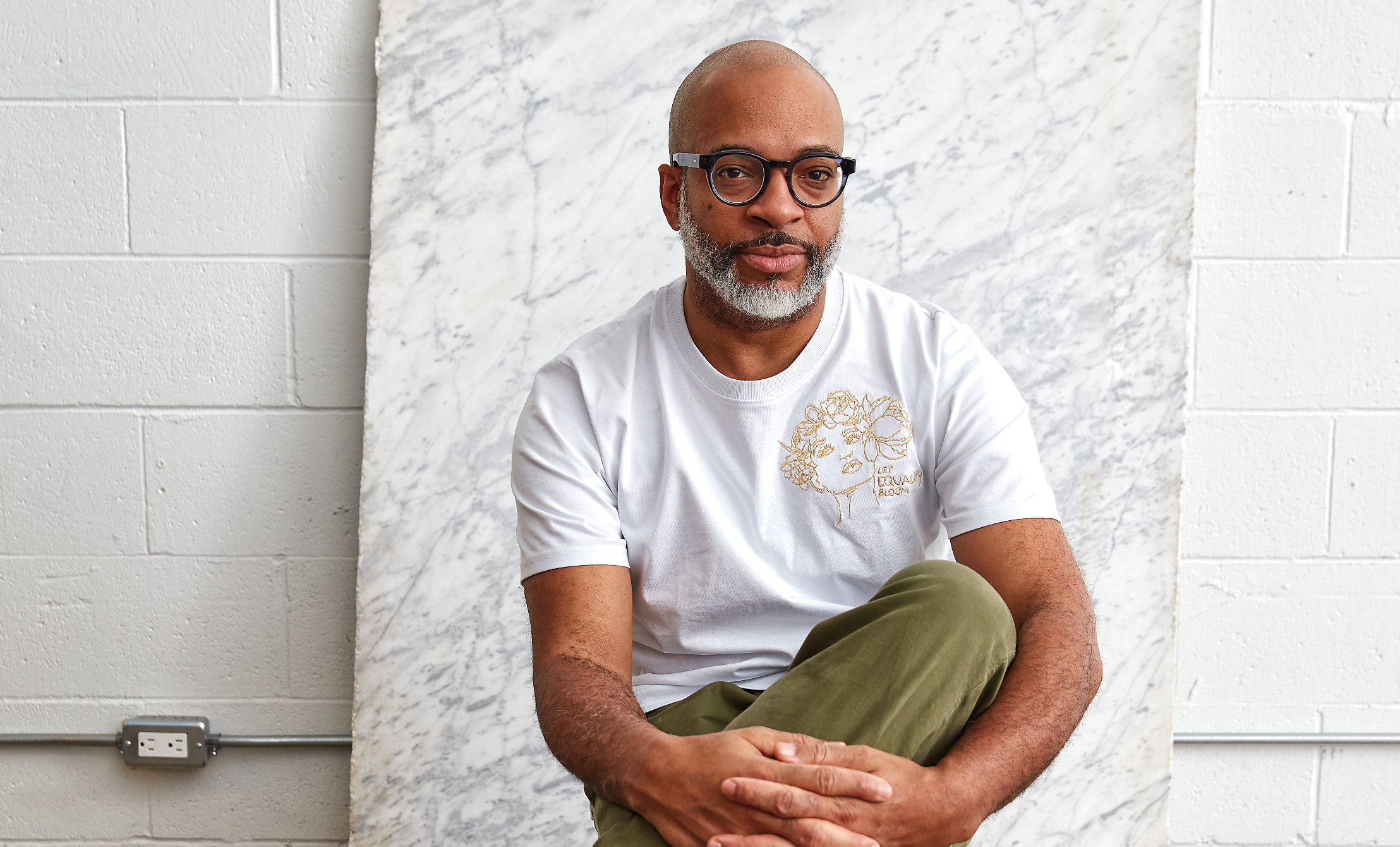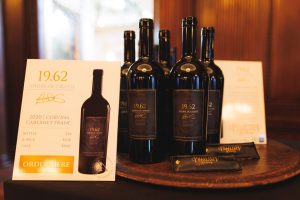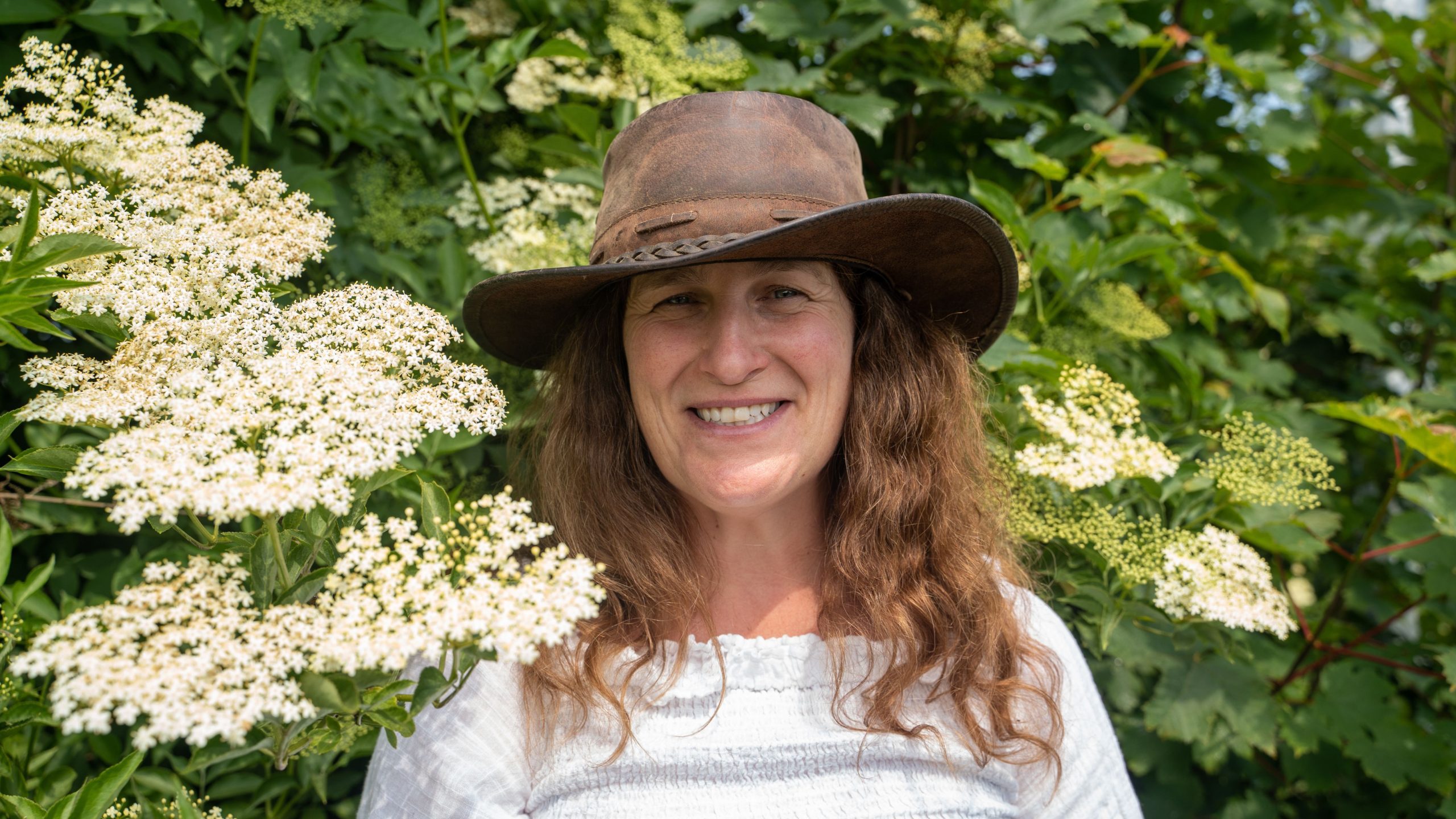What does it take to be a captain of industry? To be the best at what you do while also loving every minute of it? In our new series Can I Have Your Job?, we explore the career paths of today’s most interesting professionals, asking them for sage career advice and how they got the job of everyone’s dreams. Here, master sommelier and Alo Food Group wine director Christopher Sealy discusses his first foray into wine, industry gatekeepers, and what it’s like to be Michelin certified.
What drew you to the world of wine initially?
Christopher Sealy: My interest in wine was not a eureka moment. I wasn’t like, oh my God, I need to know more about this. It came from an exploration in a particular culture of dining. I lived in Paris for a couple years and [wine] became a cultural thing at the table that improved the experience for me. There was a ceremony and experience to it that served as the entry point into my career in wine.
The restaurant experience is really like theatre with all its players and harmonious choreography. What do you see as your role in the grand production of things?
Christopher Sealy: I’m not the principal dancer because the food and experience is but I’m a key player; a version of an ambassador that can nurture and guide the experience. I’m not telling you what flavours there are because I think that’s for you to decide but I think what I am able to do is bring you to this moment of readiness to experience sensations of food. Everyone’s happy to see me because I’m the wine guy. I’m bringing 750 millilitres of liquid love in a bottle.


As you were working your way up through your career, what did you find were the skills needed to advance in your career?
Christopher Sealy: I’ve learned from my lived experiences, history, privilege, lack of privilege, and opportunity to be comfortable with who I am in wine. In front of guests and in front wine, I continue to be a student. I observe, listen, and am continually learning. I don’t know everything but I know what I like and how I can process that information to get results. In the world of fine dining, you have similar types of people, regardless colour or creed. I allow them to be who they are as I am who I am and try not to get wrapped up in anyone’s energy. It’s very hard to deal with people every single day. There’s a lot of output and absorption. There are a lot of things that you dont necessarily reflect on or feel until hours or days later, so I try not to react. It’s like bamboo; even though it moves in different ways, it’s always steady.
What is your unique perspective on what you do?
Christopher Sealy: The energy and method I’ve learned over time and applied to my work is a human thing that can apply to any work or medium, especially when you’re in front of people. The language around wine is so gatekept, it’s almost cult-like or mystical. So, how do we, as humans, connect with wine? My job is to take you to some base, primal, inter-emotional moment to bring you forward. You kind of have to create a new language because we’ve been so institutionalized on how things are done, but it doesn’t have to look that way with wine. You don’t have to be driving a fancy car to enjoy wine appropriately. Even those people don’t know anything about wine and the wines they have in their cellar. So, how do I give you a human experience and allow you yourself to find your own path in wine? It’s like therapy.
You are the wine director at Alo Food Group. What are the different facets of your job that make it interesting and enjoyable?
Christopher Sealy: It’s kind of ever-evolving because there’s a lot of growth in the company. There’s a side that people don’t really see. I taste maybe two or three times a week where I’ll sit down with an agent, a distributor, the craftsperson, the wine maker, etc. to taste what they’ve made, understand their history and the backend story. I ask questions—what’s the cost? The quality and consistency? How good are they? How long do they last? Are we going to place them in the pairing menu or by the glass? Does it fit into the story? You’re always looking and thinking about it in advance. I then taste with the dish. What works and how do they work? Does one lift the other? Does wine dominate? Does one create this clash and explosion of colour and flavours and senses? Do I need to think of a backup down the line?
I’m coordinating all these things like the players on a stage but in a mini theater of what’s happening with the plate. What kind of dance and conversations are happening based on an individual’s interpretation?


What kind of consideration is given to the people that you work with?
Christopher Sealy: I look mainly at where and how these wines are raised from an agricultural perspective. Are there chemicals, synthetic fertilizers, or pesticides going into the soil? What’s the regenerative process and philosophy of that particular farm or winery? Is it biodynamic? Natural? I’m looking for some clarity of expression or energy, and that is usually found at the source. I’m not interested in mass-produced, manipulated product. Don’t get me wrong, they can be great. But in terms of the elevation of what the experience can be, I find greater success in wines that are made this way because they’re better for the planet. They’re better for you to take in and better for your wellness. They have less sugar, less alcohol, less things that are going to mess you up.
What is the best advice that you would give to someone that is looking to get their foot into the community and industry?
Christopher Sealy: The language in wine school and in fine dining rooms is controlled by a small group. They’re gate kept. You need to find the right allies to communicate with so that you can be free in conversations and learn at your own pace or in your own way. Everyone interprets art differently. Everyone listens to sound differently. Everyone tastes differently. Why do I need to be conditioned by one palate? Let’s find a middle ground through communication and openness, and find the right partners on both sides who are opening and willing to do the work and have a conversation.
You won the Michelin Guide Toronto Sommelier award in 2022. What was that moment like for you?
Christopher Sealy: I didn’t know that it was going to happen. I came up with a bottle on stage because I realized I had won a wine award, so why not go up with some Ontario wine in my hand? I didn’t even know I was considered. I’m just on my path because I haven’t grown up in any of this culture. I haven’t grown up with any of these benchmarks. It was so cool to be in front of a room of my peers and people I haven’t seen in like 20 years. Now, people are like, we’re going to work on this and we can do that because you’ve worked so hard for this and people are now seeing where you’re at. And I’m like, great! Do I feel like they’re only catching up to me in a way? Yeah, because I’ve always been doing this. So, where do we go now? Sometimes, I’m the only [Black] person on the plane, in the vineyards, in these massive 3,000 people seminars or sessions with some really super high-level people. This moment was another element of validation from the outside. I know what I’m doing, it seems like everyone else has just caught on.













